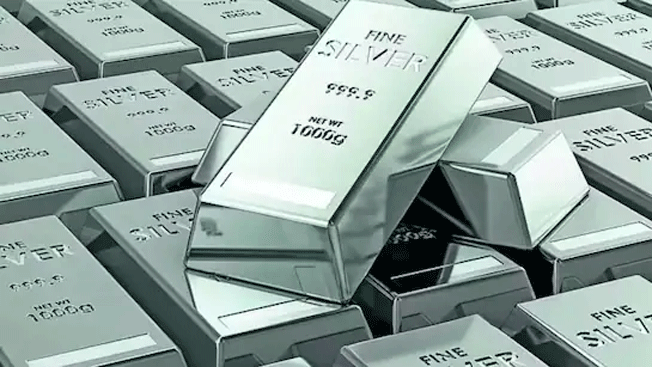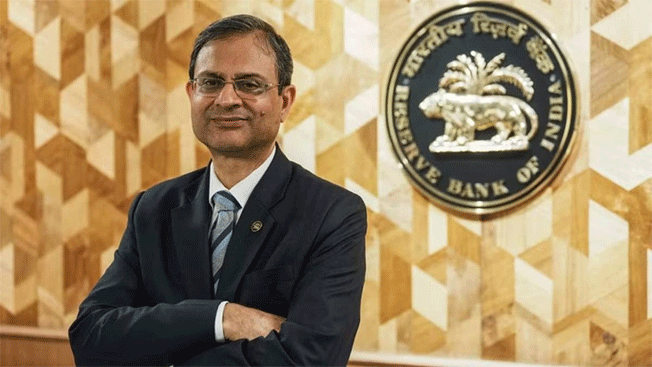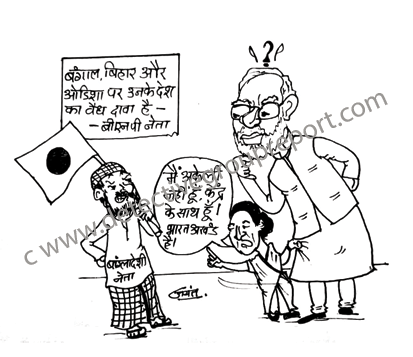One of the reasons a high level of reserves is considered useful is because it gives the central bank enough ammunition to fight against future currency depreciation.If the currency starts depreciating against the dollar, then the central bank can sell its dollar reserves and buy the local currency in order to stop the depreciation. But this rarely happens in the case of a speculative attack on the currency.With the US economy overheating due to the massive fiscal stimulus implemented by the US government, inflation in the US is on the rise. This could prompt the US Federal Reserve to start raising the policy interest rate.If that happens, the situation for emerging economies like India will be similar to the Taper Tantrum episode of May 2013, when the US Fed had signalled a tapering of its Quantitative Easing policy. This had led to capital outflows from India as well as other emerging economies causing their currencies to depreciate.Defending the exchange rate by selling reserves invites speculators. When people see that the RBI is selling reserves, they expect that when reserves will fall to a very low level, the central bank will be forced to stop intervening and the currency will weaken. Foreign as well as domestic investors start taking money out before this event materialises. Their speculative attack on the currency ends up hastening the currency depreciation.To prevent depreciation, the RBI tightened monetary policy, squeezed liquidity from the system and imposed capital controls. It used a very small part of its reserves.In May 2013, RBI’s forex reserves were at around $288 billion. Between May and September, 2013, it sold roughly $22 billion. Even so, the rupee witnessed a sharp depreciation from 56.5 in May 2013 to 62.8 in September 2013.The central bank’s build up of reserves lets businesses believe that the rupee will not weaken sharply. They think that RBI’s stock of reserves will be used against big currency fluctuations. This in turn prevents these firms from hedging the dollar exposures on their balance sheets.It creates a never-ending vicious cycle wherein the more RBI hoards, the more confident these firms become to take unhedged exposure, thus avoiding the costs of hedging and then the greater the justification for the RBI to hoard reserves.Ila Patnaik is an economist and a professor at National Institute of Public Finance and Policy.Rajeswari Sengupta is an Assistant Professor of Economics at the Indira Gandhi Institute of Development Research in Mumbai, India.
विविध क्षेत्र
Are forex reserves held for preventing currency weakness?
- 25 Jun 2021








